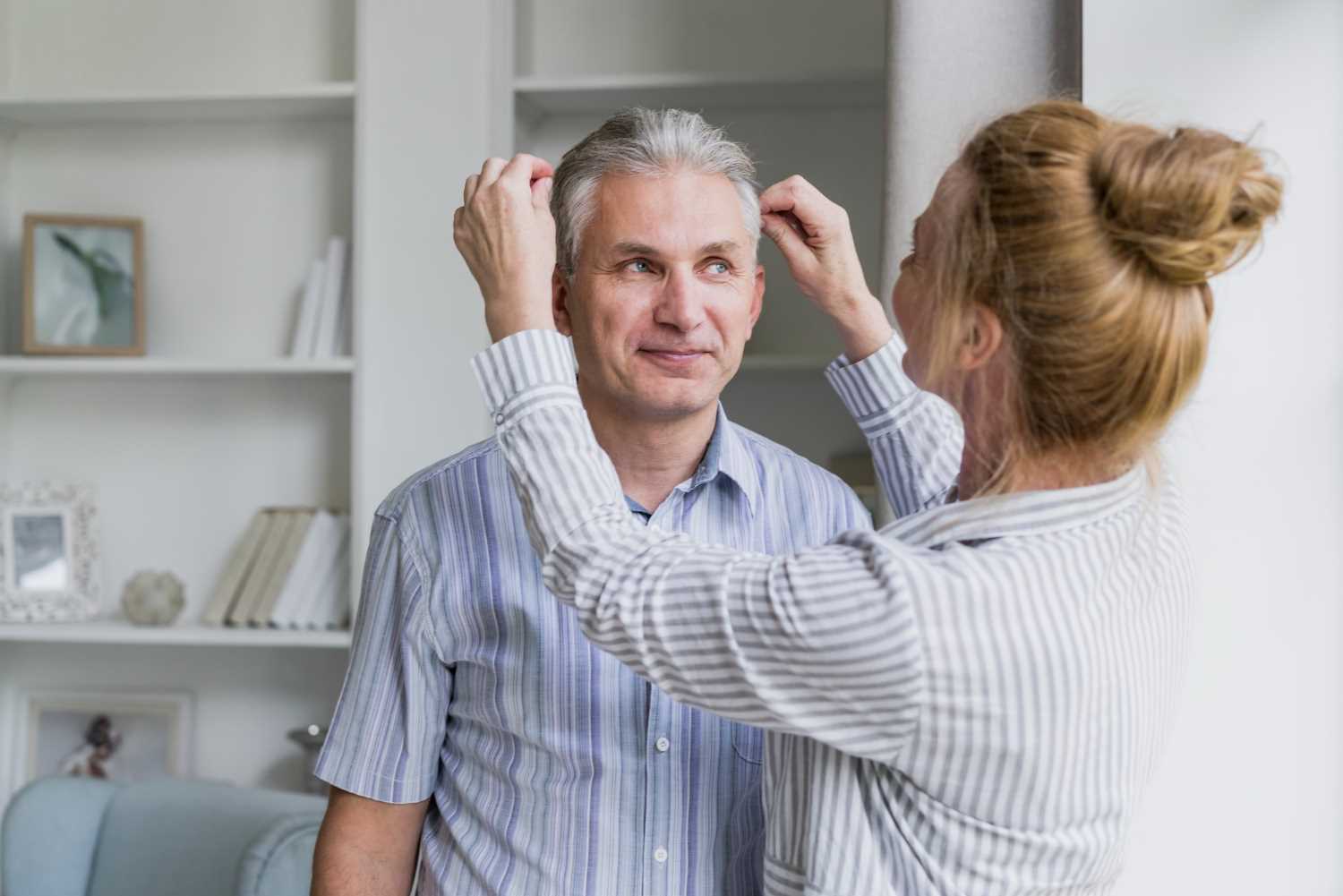
Alzheimer’s and dementia. Both terms are often used interchangeably, however, they are not the same. Although both Alzheimer’s and dementia They are associated with the deterioration of mental functions, the first is a disease, while the second encompasses a group of diseases.
This is how the doctor explains it Xiomary Mercedesa psychiatrist, who defines the dementia as a syndrome that includes the loss of cognitive functions with compromised functionality, that is, loss of life activities. life daily for work, social and family functioning, not to mention the psychological and behavioral symptoms, which in some cases may be the first manifestations.
Among these symptoms he says are: apathydisinhibition or depressionwhich can then worsen and manifest with agitation, aggression, anxiety, visual hallucinations, paranoid ideas, among others.
According to the professional, there are several ways to classify the dementias“for example: according to the age of onset, the structures affected at the brain level, the involvement of genetics, its cause and according to the frequency of appearance,” he says. However, the dementias Those that are most relevant are the disease of Alzheimerthe dementia vascular, the dementia in Pick’s disease and dementia in Parkinson’s disease.
Specifically, it clarifies that the dementia is a term that covers a group of pathologies within which Alzheimer’s is found. According to him, Alzheimer’s is a primary degenerative brain disease, of unknown etiology that presents characteristics of both neurological as psychiatrically relevant. This condition affects between 60 and 80% of people over 65 years of age with dementia.
In most cases, people with this disease present a syndrome amnesic anterogradethat is, inability to remember events that occurred before the brain injury and these people retain their childhood memories better.
Meet the factors of risk

Like the disease of Alzheimer It is a type of dementiathe factors of risk coincide. These are divided into non-modifiable and modifiable. In the first group is age, since the risk increases with age, especially after age 65 (although recent studies show the appearance of dementia in young people), as well as family history, which means that if a person has a relative with dementiaare more likely to develop the condition.
In the case of the factors not modifiable quotes the sedentary lifestylethe diet unbalanced diet, excessive alcohol and tobacco intake, as well as cardiovascular diseases and diabetes, depression and sleep disturbances.
While it is true that age is a factor riskthe health professional explains that many of the changes that occur as a person gets older, and that can be confused with some type of dementiaare typical of the aging.
“He aging normal presents a series of changes neuroanatomical and physiological where we can find that attention and the speed of thought processing are slowed down, a deterioration of the memory work or problems related to verbal fluency, understanding complex grammatical structures and describing objects,” he says.
In such cases, he says it is necessary to subject the person to a assessment in order to rule out or confirm whether they are neurodegenerative processes or signs associated with systemic diseases.
How is it treated?

Management is usually multi-disciplinary; requires the joint intervention of specialties health such as neurology, cardiology, internal medicine, psychiatry and psychology.
In general, a patient diagnosed with dementia are indicated to you drugs that help with the increase of some brain substances that have to do with the memoryreasoning and learning.
“As several health professionals are treated simultaneously, each one rules out whether there is any underlying or underlying pathology and indicates drugs either medicines in that sense,” he says.
Apart from the treatment pharmacological, it is recommended to include changes in the style of lifehow to modify the diet and eliminate unhealthy habits, adapt the environment to prevent falls and the possibility of harming oneself or others, as well as having routines that help the person with dementia to simplify daily tasks.
Although Mercedes clarifies that there are no specific measures that guarantee that a person does not develop some type of dementia throughout its lifethere are some guidelines general that help reduce the chances of falling victim to it:
- Carry a diet healthy rich in fruits and vegetables.
- Do some physical activity. In addition to helping you stay in better physical condition (even if you start doing it in old age), it improves stress and, therefore, brain function.
- Get involved in family and social activities.
- Take up some hobbies such as listening to music, reading, board games or things that help keep your brain active.





